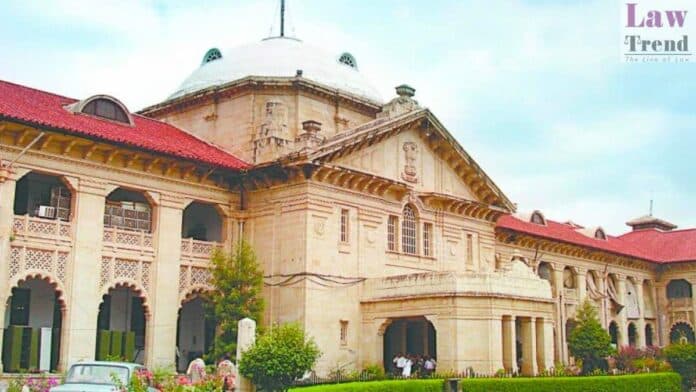The Allahabad High Court has ruled that revisions and appeals under the U.P. Zamindari Abolition and Land Reforms Act, 1950, remain valid for cases initiated prior to the enforcement of the U.P. Revenue Code, 2006, reaffirming the principle that substantive rights cannot be curtailed by subsequent procedural changes. The decision was rendered in Charan Singh

To Read More Please Subscribe to VIP Membership for Unlimited Access to All the Articles, Download Available Copies of Judgments/Order, Acess to Central/State Bare Acts, Advertisement Free Content, Access to More than 4000 Legal Drafts( Readymade Editable Formats of Suits, Petitions, Writs, Legal Notices, Divorce Petitions, 138 Notices, Bail Applications etc.) in Hindi and English.
Click to Subscribe
If you are already a VIP Member, Click to Login Now
READ ALSO पहली अग्रिम जमानत याचिका ख़ारिज होने के बाद दूसरी याचिका पोषणीय नहीं है: इलाहाबाद हाईकोर्ट




